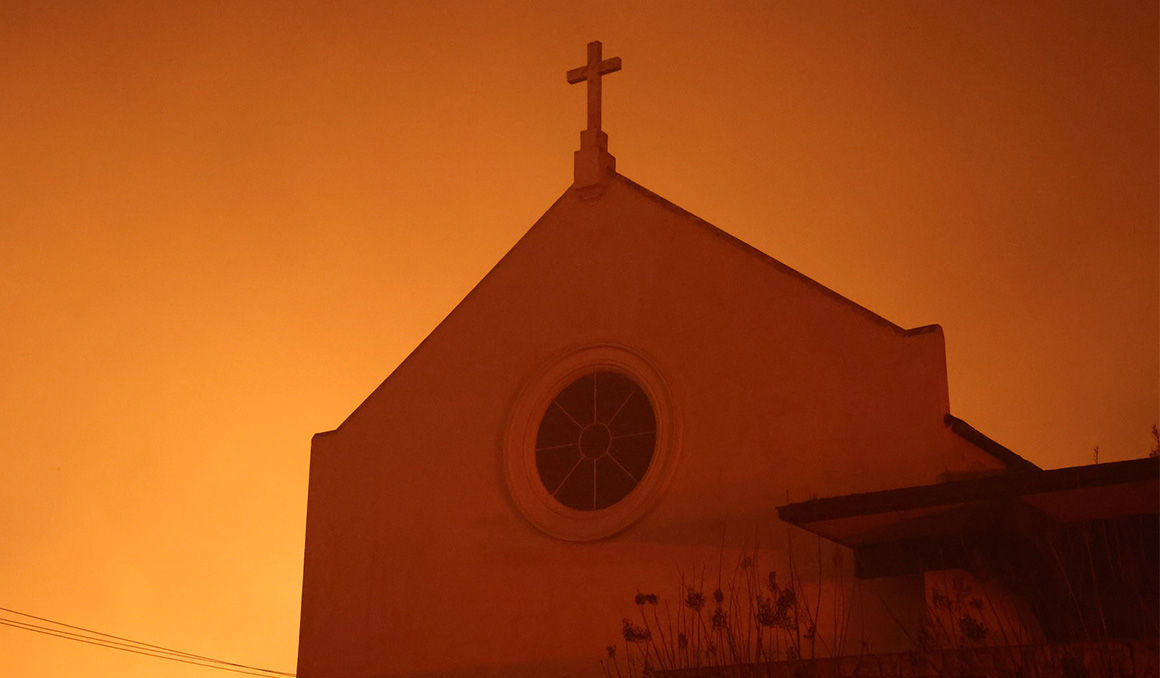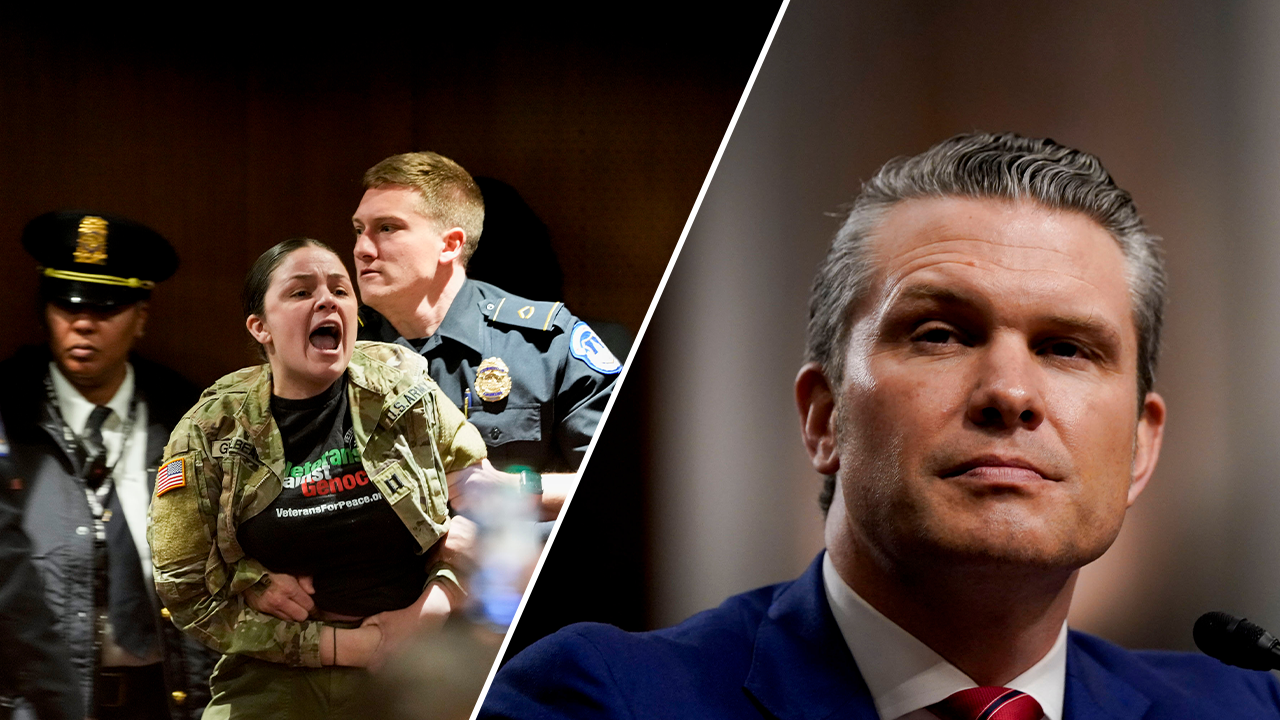CV NEWS FEED // The South Carolina Supreme Court recently ruled that a diocesan sexual abuse case can proceed, reversing the decision of a lower court that ruled against the victim and handed the case to the Diocese of Charleston under a charitable immunity statute.
According to The Post and Courier a man anonymously filed a lawsuit against the Diocese of Charleston in 2018 and alleged that two teachers at the diocese’s Sacred Heart Catholic School sexually assaulted him in 1969 and 1971 while he attended the school. The alleged perpetrators are now deceased.
“In addition to relief for the sexual abuse and emotional distress that resulted from the incident, the plaintiff also accused the diocese of gross negligence in relation to the incident along with a bevy of other charges ranging from fraudulent concealment and civil conspiracy to a breach of contract,” the Post and Courier reported.
WCBD, a Charleston NBC affiliate, reported that the case was previously decided by a circuit court judge, who made a summary judgement and ruled in favor of the Diocese under South Carolina’s charitable immunity statute. According to the Post and Courier, the statute is now defunct but used to protect “charitable organizations from legal action.”
The Post and Courier additionally reported that the Diocese argued that the actions in the lawsuit occurred while charitable immunity was still in place, and cited a 1973 lawsuit, Jeffcoat v. Caine, which “determined charitable immunity never extended to so-called ‘intentional torts’ like the case filed against the diocese.”
WCBD added that the South Carolina Supreme Court repealed the charitable immunity statute in a 1981 case, but because the actions in the John Doe lawsuit occurred before that ruling, charitable immunity was still considered by the court on behalf of the Diocese.
However, the state Supreme Court unanimously ruled that the precedent did not exempt the Diocese.
“Jeffcoat did not change the law,” Justice Garrison Hill wrote in the Jan. 15 decision, according to the Post and Courier. “It confirmed what the law had always been: that charitable immunity never extended to intentional torts. Nothing in our decisions in the half century since Jeffcoat shakes that judgment. The doctrine of charitable immunity therefore does not bar Petitioner’s intentional tort claims against the Diocese.”
According to WCBD, attorney David Haller, who represents John Doe, called the decision “a clear victory for truth and justice.”
In a statement to WCBD, the Diocese said only that the case “will continue to proceed through the legal process” and declined to comment further given the lawsuit’s undecided status.


 By CatholicVote | Created at 2025-01-21 00:21:17 | Updated at 2025-01-21 03:34:16
3 hours ago
By CatholicVote | Created at 2025-01-21 00:21:17 | Updated at 2025-01-21 03:34:16
3 hours ago








